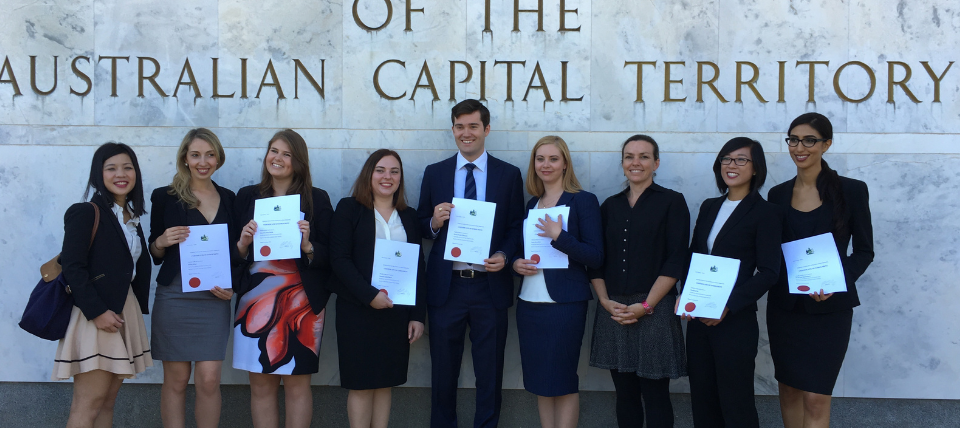Ever wonder how law school stacks up against real-world legal practice? Below, we dive into the big differences between your studies and actual legal practice, including handling messy cases, ditching the legal jargon, managing tight deadlines, and developing those crucial soft skills.
1. Real-life cases are tangled and messy
In law school, assignments usually focus on a single issue, but real-life cases are as complex as a series finale plot twist! For instance, if a client comes to you for advice on a contract, you not only need to understand the contract itself but also any implications that might arise from signing it, and then communicate those complexities to the client.
2. Leave legal jargon at the door
Thereinafter, hereinbefore, henceforth—during your law degree, you need to learn more jargon than a secret code. But in practice, you need to meet clients where they are. That means dialling back the legalese and communicating in plain, simple English.
3. Deadlines are tight – and they only get tighter
In university, you’re typically given several weeks to complete an assignment. In a firm, you’ll likely have much tighter deadlines, forcing you to juggle many urgent demands at once. And when it comes to billable hours, every minute matters.
4. You need more than black letter law
While law school teaches you legal knowledge, it doesn’t always help you with the “soft skills” needed in practice. Being a great lawyer involves so much more than an encyclopaedia knowledge of the law, it requires attention to detail, leadership, teamwork, commercial awareness, and effective communication.
5. Research is a skill unto itself
At university, your lecturers conveniently hand out reading guides and a summary of cases when dishing out your assignments. Unfortunately, in the commercial world, your boss will do no such thing. That means you need to take research into your own hands. Practical Legal Training bridges the gap between theory and practice and is an essential step in qualifying as a solicitor.









































